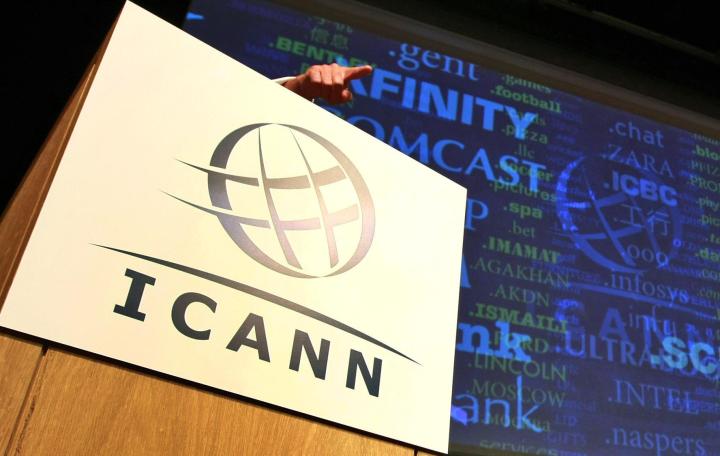
Internet users will not notice any difference, as ICANN — the Internet Corporation for Assigned Names and Numbers — was already doing the work behind the scenes. What it does mark is a key milestone in ICANN itself, which would then operate fully independent from the government. That wasn’t possible previously; with final control over domain names, the feds did have the option to intervene if they wanted to.
While that rarely happened, the most notable intervention was around the “.xxx” domain, which the U.S. (and several other countries, too) put pressure on ICANN to reject. The organization stood down and initially rejected the domain in 2006. However, it reversed that decision in 2011 and allowed .xxx to go live despite continued protest.
Several Republican lawmakers — most notably former presidential candidate Ted Cruz — criticized the deal, writing in a July letter that “the proposal will significantly increase the power of foreign governments over the internet.” The GOP even went as far as to codify it in the 2016 Republican platform.
But supporters of the move see it as the best solution. Both Russia and China lobbied hard to get the United Nations to step in and gain control of the system through its International Telecommunications Union arm. A treaty was in place in 2012 to do that, but the U.S., along with the United Kingdom, Canada, and Australia, refused to sign it over human rights concerns.
ICANN will remain in Los Angeles, so at least the organization running it will remain U.S.-based. Additionally, safeguards are in place to prevent a foreign takeover. “The community’s new powers to challenge board decisions and enforce decisions in court protect against any one party or group of interests from inappropriately influencing ICANN,” a Q&A on the change reads.
Editors' Recommendations
- Samsung just launched a $400 phone in the U.S., and it looks great
- These two Apple Watches are now banned in the U.S.
- Amazon expands its virtual healthcare service across the U.S.
- Something amazing happened to U.S. smartphones on July 11
- Is the Nothing Phone 2 available in the U.S.?


